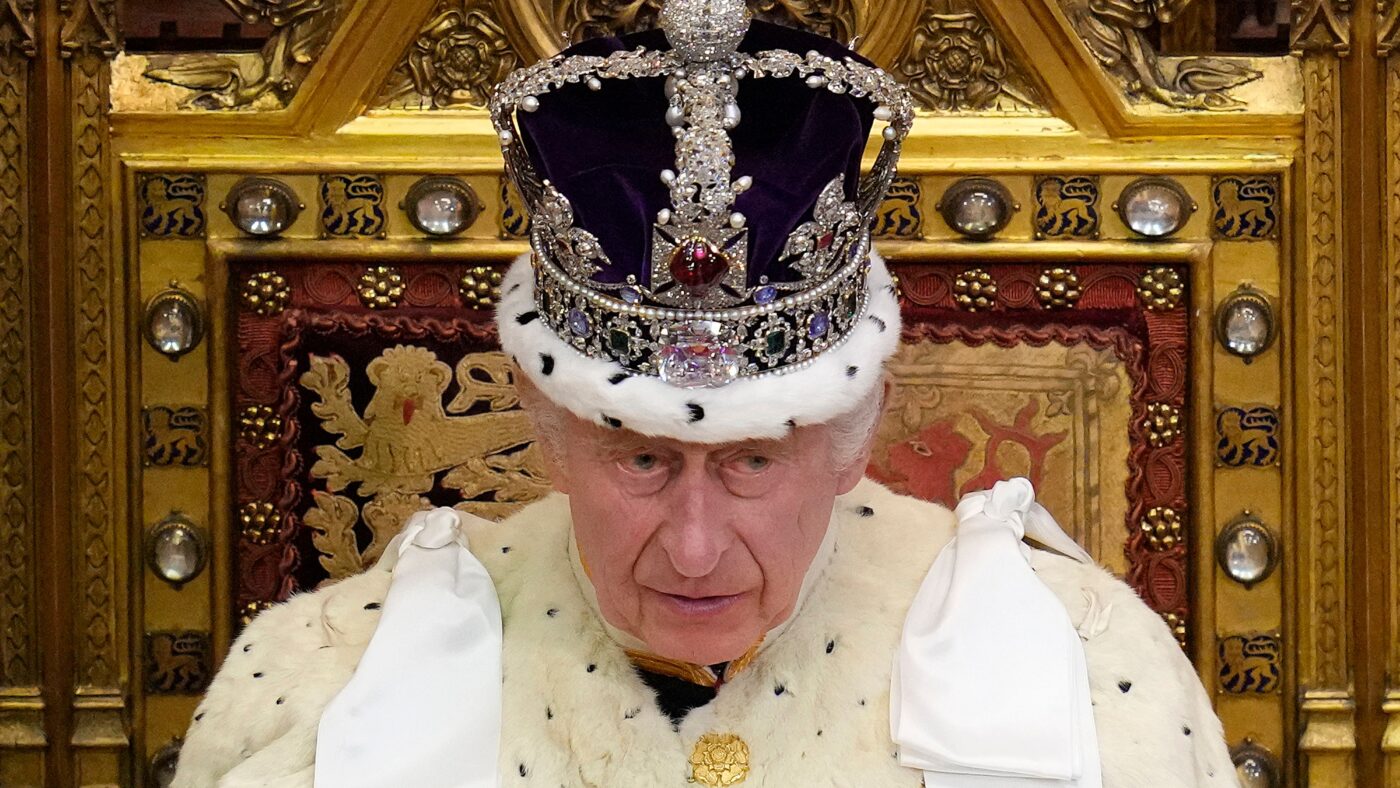The government’s proposals for criminal justice reform in this week’s King’s Speech fell under the title ‘Keeping People Safe’. However, it could just have easily read ‘keeping our election prospects alive’, as the party’s long held mantle of law and order is crumbling to dust. Nothing exemplifies this more than the recent emergency measures to let non-violent prisoners out of jail early in order to fill them with violent prisoners for longer. It’s hardly a strategy, but plans to lock up sexual and sadistic murderers forever will play well with a public horrified by events such as the murder of Sarah Everard.
There is sensible clarity on proposals to make it clear that it is the judge, and not the convicted criminal who decides whether he or she should attend court to be weighed off. It’s right too, in principle, that the government is planning to ensure that rapists and those accused of other sexual crimes serve 100% of their sentence in custody. Ordinary people unencumbered by our sometimes impenetrable policy on sentencing are fed up with the penalty handed down having little to do with the punishment in practice.
But that principle hides a big problem. Sending a tiny number of people away until they die for hideous crimes is one thing, but the vast majority of those convicted under increasingly punitive measures will be out at some point. We lock up nearly 12,500 sex offenders, about one sixth of the entire prison population. They often serve their sentences in overcrowded prisons where access to rehabilitation programmes is inadequate and their effectiveness contested. Many of these places do not equip offenders for release into the community where an exhausted and ideologically vandalised Probation Service struggles to keep them safe. While we have an obligation to past victims which the King’s Speech delivers, stopping women and girls becoming victims in the future is equally important. This requires a probation service with the resources and capability to manage those risks. We simply don’t have anything like that at the moment. The outgoing Chief Inspector of Probation, Justin Russell, delivered a rare broadside on his departure, repeatedly calling out damning failures of the organisation to protect citizens from being murdered by dangerous offenders under supervision. Where is the rescue package for the Cinderella agency of the criminal justice system?
Having a criminal justice system that works to protect the public and help offenders lead useful lives on release has proven an elusive target for all political parties in the last quarter of a century. No amount of short term red meat for people who only encounter our broken prison and probation service through lurid tabloid headlines is going to fix such a profoundly dysfunctional system. You cannot keep people safe, or even pretend that it’s an authentic concern, if you preside over a penal system that is in chaos after being gutted of experience and numbers by an act of dogmatic political stupidity.
We are in a bind here. We must have prisons that are safe, ordered and purposeful, but we don’t want to pay for them. There are few votes in reform, unless and until voters hear about judges being told to let convicted murderers out on bail because there’s nowhere to bang them up. Despite the ludicrous proposal to rent foreign jail space, Justice Secretary Alex Chalk has managed to smuggle in some rather progressive plans too, although they are not much talked about. The presumption that many prison sentences of below 12 months will be suspended is a powerful incentive for good behaviour and rehabilitation if it is properly enforced. Additionally, earlier release for carefully screened offenders on home detention curfew acknowledges the fact that the best resettlement starts in the home. Again though, away from the warm bromides, will there be community penalties that have the confidence of the public?
We need prisons for people who the community must be protected from or whose crimes are of such a magnitude that public confidence in our criminal justice demands it. I have no problem with the quantity of time serious offenders face being increased as long as the quality of what’s done with them increases too. If you brutalise people you turn out brutes. That’s the inescapable truth of the decade I was involved in prisons, from walking the landings to the Governor’s desk. But we have the worst of all possible worlds at the moment. Hapless, remote bureaucracy multiplying at the top, a frontline battered and denuded of numbers and authority on the wings. And prisoners held in conditions you would hesitate to put livestock in, with nothing to do except take advantage of widely available drugs.
If, as the King’s Speech suggests, we want a prison and probation system that helps both past and future victims of crime, the physics of the answer is unavoidable. We need to empty prisons of people who can be dealt with differently, and restore the time, space and authority to prisons to turn dangerous people back into responsible citizens. King Charles can read the words off the page, but they will float away into the ether if the will and resources don’t follow.
Click here to subscribe to our daily briefing – the best pieces from CapX and across the web.
CapX depends on the generosity of its readers. If you value what we do, please consider making a donation.


